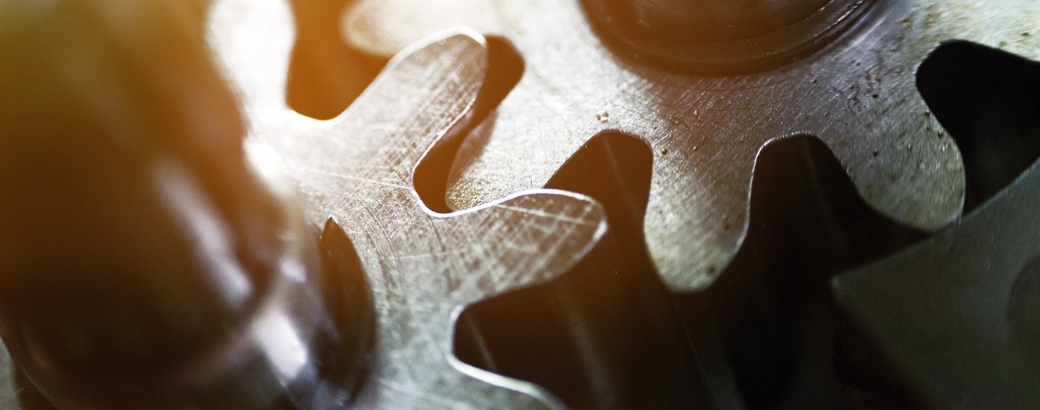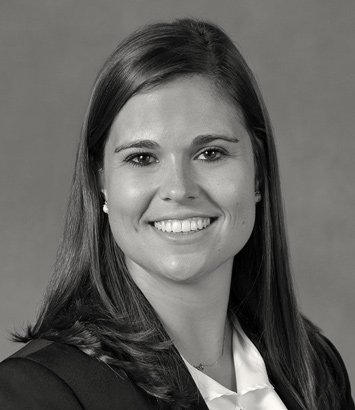Ninth Circuit Holds Escobar’s Two Part Test Is Mandatory
July 25, 2017 – Articles
The Ninth Circuit Court of Appeals recently held that Escobar’s two-part test for establishing falsity under an implied certification theory is mandatory, not merely an example of how falsity could be established in that context. This ruling establishes helpful precedent for FCA defendants in the Ninth Circuit and elsewhere who are facing an implied certification claim.
In United States ex rel. Campie v. Gilead Scis., the relators alleged the defendant, Gilead Sciences, made false statements about its compliance with FDA regulations regarding certain HIV drugs, resulting in the receipt of billions of dollars from the government. Specifically, relators claimed that defendant represented to the FDA certain HIV drugs – Truvada, Emtriva and Atripla – contained an active ingredient, FTC, which was sourced from FDA-approved facilities. According to relators, the FTC was allegedly sourced from an unapproved facility called Synthetics China. Because the drugs contained FTC sourced from unapproved facilities, the drugs allegedly were not FDA approved and therefore ineligible for payment under government programs.
Relators also alleged the defendant falsified or concealed data in support of its application to get Synthetics China approved as an FTC facility. According to relators, defendant told the FDA three batches of FTC from Synthetics China passed testing and were consistent with batches from existing, approved manufacturers. According to relators, two of those three batches had actually failed internal testing. Instead of reporting the two contaminated batches to the FDA, the defendant allegedly obtained new batches and amended its application to the FDA to secure approval of Synthetics China.
The district court dismissed relators’ first amended complaint under Fed. R. Civ. 12(b)(6) for failure to state a claim. Thereafter, relators amended their complaint. The district court dismissed relators’ second amended complaint, this time with prejudice, for failure to state a claim. Relators appealed to the Ninth Circuit Court of Appeals, which ultimately reversed the district court’s dismissal.
In its decision, the Ninth Circuit confirmed that Escobar’s two-part test for establishing falsity under implied certification theory is mandatory. To that end, a relator must demonstrate two things: (1) the claim did not merely request payment, but also made “specific representations” about the goods or services provided; and (2) the defendant’s failure to disclose noncompliance with material statutory, regulatory or contractual requirements made the representations “misleading half-truths.” This is significant, because DOJ and relator’s counsel have argued the two-part test laid out by the United States Supreme Court in Escobar is merely one example of how falsity can be established, not a requirement. In deeming the Escobar two-part test mandatory, the Ninth Circuit fell in line with at least two other circuits. See United States ex rel. Whately v. Eastwick Coll., 657 F. App’x 89, 94 (3d Cir. 2016); United States v. Sanford-Brown, Ltd., 840 F. 3d 445, 448–49 (7th Cir. 2016). There has been no shortage of disagreement on this issue among district courts throughout country. Compare United States v. DynCorp Int’l, LLC, 2017 U.S. Dist. LEXIS 76397, at *14 (D.D.C. May 19, 2017) (stating that requiring “specific representations” for an implied certification claim “is not the law of the D.C. Circuit”), and Rose v. Stephens Inst., 2016 U.S. Dist. LEXIS 128269, at *15 (N.D. Cal. Sep. 20, 2016) (“In sum, Escobar did not establish a rigid two-part test for falsity that must be met in . . . every single implied certification case.”), with United States ex rel. Schimelpfenig v. Dr. Reddy’s Labs. Ltd., 2017 U.S. Dist. LEXIS 44064, at *13–14 (E.D. Pa. Mar. 27, 2017) (holding that implied certification claims failed to meet the “two conditions” laid out in Escobar), and New York ex rel. Khurana v. Spherion Corp., 2017 U.S. Dist. LEXIS 61158, at *22–23 (S.D.N.Y. Apr. 21, 2017) (same).In Campie, the Ninth Circuit found the relators’ second amended complaint alleged sufficient facts to satisfy this two-part test. With respect to the first element, relators alleged that by submitting claims for Truvada, Emtriva and Atripla, the defendant represented it was providing drugs approved by the FDA that were manufactured at approved facilities and were not adulterated or misbranded. Based on relators’ allegations, the defendant did more than merely request payment – it represented the drugs provided were FDA approved, as the drugs bore the name of specific drugs found under the FDA’s regulatory regime.
With respect to the second element, the Ninth Circuit found the relators’ second amended complaint sufficiently alleged the representations defendant made were “misleading half-truths.” Relators asserted the defendant mislabeled and misbranded nonconforming drugs and misrepresented its compliance with FDA regulations by omitting critical information, such as the fact it altered inventory codes and mislabeled shipping and tracking information. Because relators’ second amended complaint satisfied the two-part Escobar test, the Ninth Circuit found that they adequately pled falsity under the FCA.

